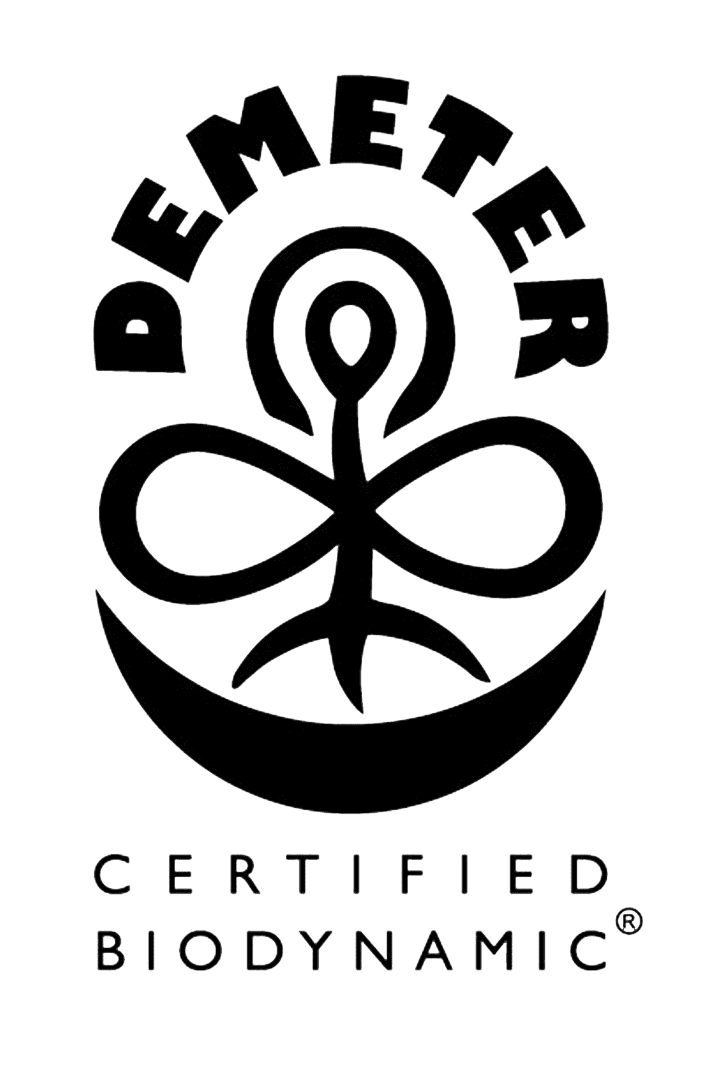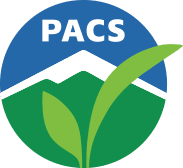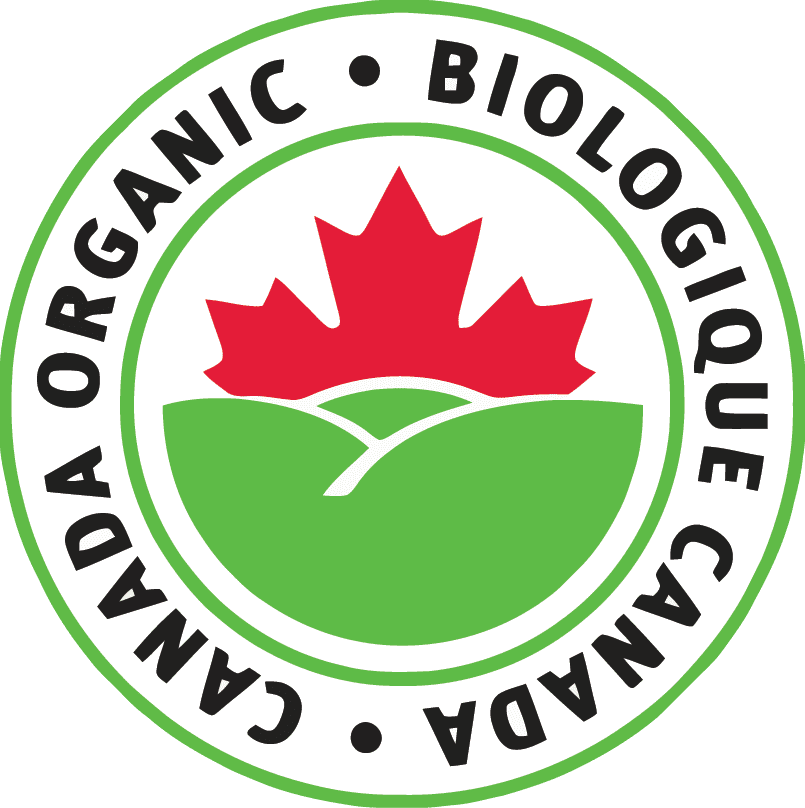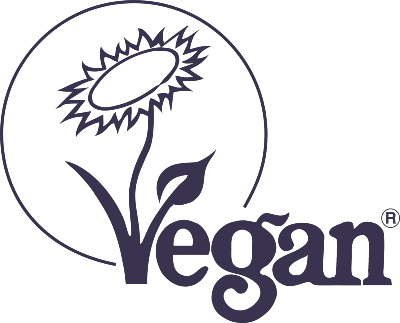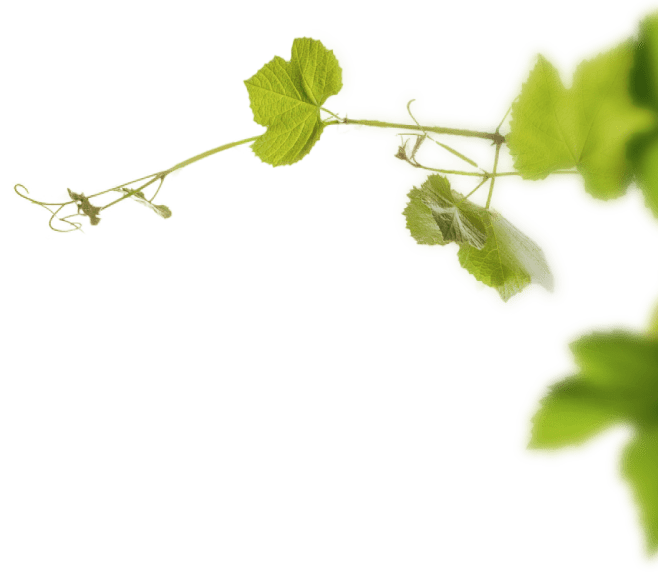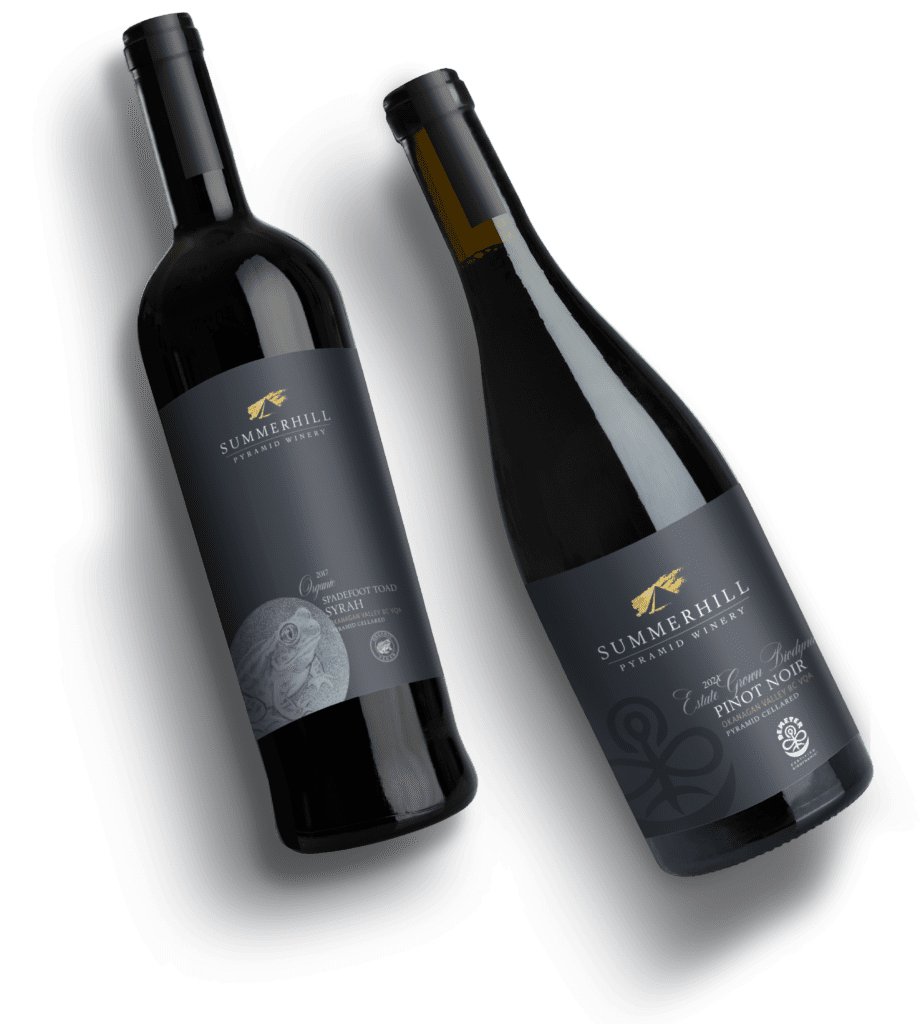Wildcrafting
Wildcrafting is the practice of harvesting plants from their natural, or “wild” habitat, for food or medicinal purposes. It applies to uncultivated plants wherever they may be found, and is not necessarily limited to wilderness areas. Examples of wildcrafting include picking wild berries, rosehips, or nettle, or harvesting maple syrup.
Permaculture
Permaculture is an approach to designing human settlements and agricultural systems that mimic the relationships found in natural ecologies. Permaculture is sustainable land use design. This is based on ecological and biological principles, often using patterns that occur in nature to maximise effect and minimise work. Within a Permaculture system, work is minimised, “wastes” become resources, productivity and yields increase, and environments are restored.
Permaculture aims to create stable, productive systems that provide for human needs, harmoniously integrating the land with its inhabitants. The ecological processes of plants, animals, their nutrient cycles, climatic factors and weather cycles are all part of the picture. Inhabitants’ needs are provided for using proven and ever improving innovative technologies for food, energy, shelter and infrastructure. Elements in a system are viewed in relationship to other elements, where the outputs of one element become the inputs of another. Permaculture principles can be applied to any environment, at any scale, from a farm, to an individual home, to a dense urban settlement.
Here is an example of Permaculture design principles in practice: building a chicken coop on the north side, and a greenhouse on the south side of the same structure. These two functions work in relationship to each other. The heat produced by the chickens helps heat the green house, the pecking of the chickens prevents plant pests, and their manure can fertilize the plants.
Biodynamic Agriculture
Biodynamic agriculture is a method of organic farming that treats farms as unified and individual organisms, emphasizing balancing the holistic development and interrelationship of soil, plants, and animals as a self-nourishing system without external inputs insofar as this is possible given the loss of nutrients due to the export of food. By creating a closed system, nothing is extra or wasted.
Biodynamic Preparations
Biodynamic preparations aid in fertilization and prevent plant diseases. The prepared substances are numbered 500 through 508. The first two are used for preparing fields, and the latter seven are used for making compost. Biodynamic preparations have influence on soil structure and micro-organisms, enhancing soil fertility and increasing biodiversity.
Field preparations:
- 500: (horn-manure) a humus mixture prepared by filling the horn of a cow with cow manure and burying it in the ground (40–60 cm below the surface) in the autumn. It is left to decompose during the winter and recovered for use the following spring.
- 501: Crushed powdered quartz is stuffed into a cow horn, buried into the ground in spring and taken out in autumn. A mixture of the powder with water is sprayed under very low pressure over the crop during the wet season, to prevent fungal diseases and increase photosynthesis.
Compost preparations, used for preparing compost, employ herbs which are frequently used in medicinal remedies:
- 502: Yarrow blossoms
- 503: Chamomile blossoms
- 504: Stinging nettle
- 505: Oak bark
- 506: Dandelion flowers
- 507: Valerian flowers
- 508: Horsetail
All compost preparations are added to heaps in homeopathic quantities. Each compost preparation is designed to guide a particular decomposition process in the composting mass.
Demeter International
Demeter International is the largest certification organization for biodynamic agriculture, and is one of three predominant organic certifiers. Demeter Biodynamic Certification is used in over 50 countries to verify that biodynamic products meet international standards in production and processing. The Demeter certification program was established in 1928, and as such was the first ecological label for organically produced foods.
Demeter’s “biodynamic” certification requires biodiversity and ecosystem preservation, soil husbandry, livestock integration (this requirement is exempt In biodynamic vineyards), prohibition of genetically engineered organisms and viewing the farm as a living “holistic organism”. The certification verifies the fulfillment of the standards on behalf of the farmers, which in turn guaranties high quality food products to the consumers.
Compost
Compost is composed of organic materials derived from plant and animal matter that has been decomposed largely through aerobic decomposition. The process of composting is simple and practiced by individuals in their homes, farmers on their land, and industrially by cities and factories.
Compost/Herbal Teas
Compost teas/Herbal teas are liquid solutions or suspensions made by steeping compost and/or certain herbs in water. They are used as both fertilizers and to prevent plant diseases. The liquid is applied as a soil-drench (root dip) for seedlings, or as a surface spray.
